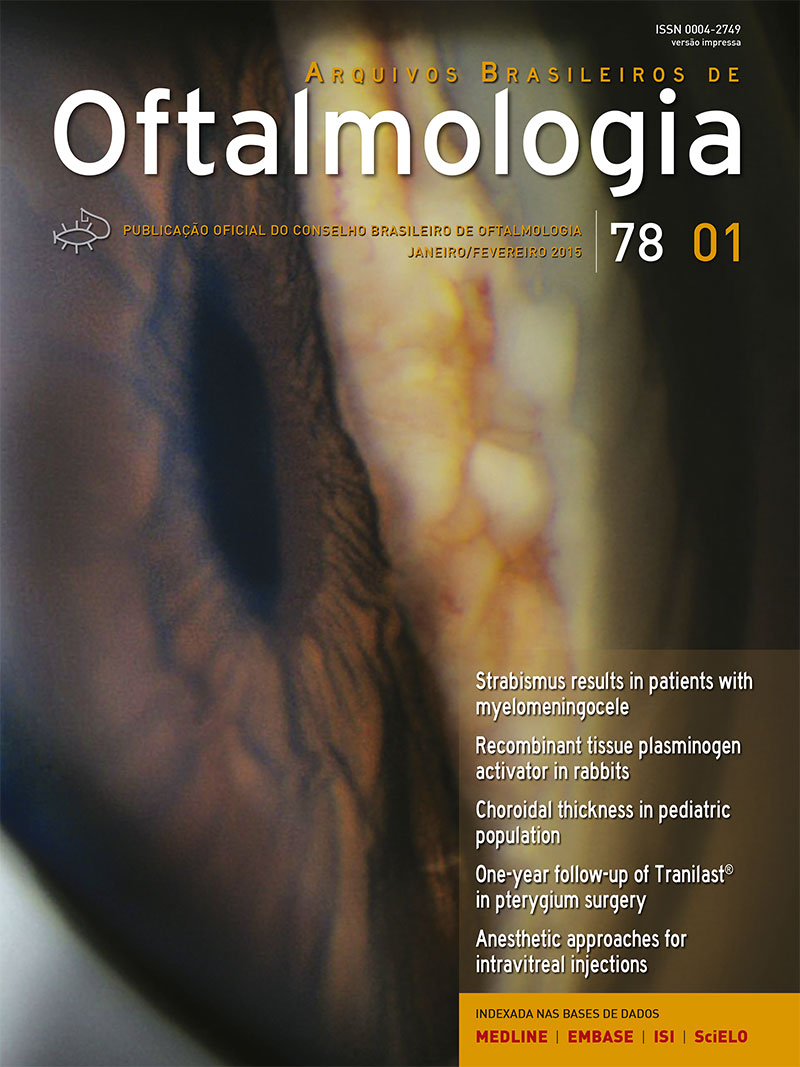Purpose: To evaluate the knowledge and behaviors of ophthalmologists in Turkey concerning micronutrition support in patients with age related macular degeneration (ARMD). Methods: This study involved 1,845 ophthalmologists. A scientific poll was sent to all participants by email. The survey covered the following: demographic features, subspecialty knowledge about micronutrition preference for prescribing micronutrition to age related macular degeneration patients, and the reason for this preference. If a participant indicated that he or she prescribed micronutrition, the participant was also asked to indicate the source of the treatment and supplemental treatments. Results: Of 1,845 ophthalmologists, 249 responded to the survey. Of the respondents, 9% (22) never, 43% (107) sometimes, 37% (92) frequently, and 11% (27) always used micronutrition. The most frequent prescribing subgroup was general ophthalmology (22%), followed by the retina-uvea subspecialty (13.9%). The micronutrition prescribing ratio was 54.8% in retina-uvea specialists when the "frequent" and "always" responses were combined. There was no statistically significant difference between subgroups with respect to prescribing micronutrition. Among the ophthalmologists prescribing micronutrition, 57.1% of them did not use the Age-Related Eye Disease Study-1 (AREDS) criteria, and only 31.3% prescribe micronutrition according to AREDS criteria. The results for the general ophthalmologist and retina-uvea specialist subgroups were similar, 56.3% vs 20.2%, and 54.1% vs 36.1%, respectively. Micronutrition was not recommended for the following reasons: expensive (55.4%), low patient expectancy (40%), no effect (30%), and low patient drug compliance (25.4%). Moreover, 55.2% of the clinicians recommended physical activities, dietary changes, and smoking cessation; 7.3% did not recommend these behavioral changes. Conclusion: This survey demonstrated that micronutrition preference in age related macular degeneration was low in ophthalmologists in Turkey. Additionally, retina specialists have a lower rate of prescribing micronutrition. Micronutrition support and behavior such as smoking cessation, dietary changes, etc. should be recommended more often to patients with age related macular degeneration.
Keywords: Macular degeneration/prevention & control; Dietary supplements; Vitamins/ administration & dosage; Lutein/administration & dosage; Guideline as topic/ standards; Turkey
